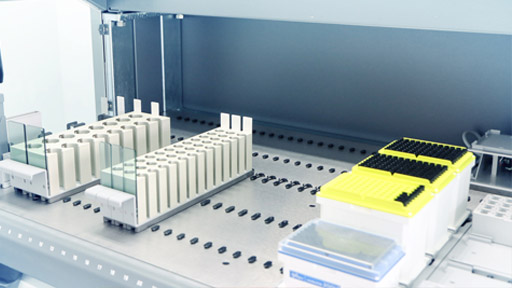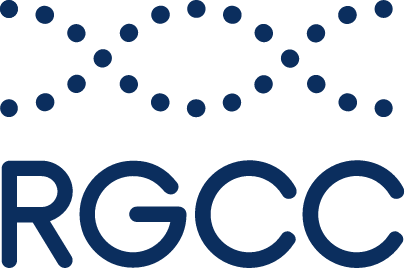New CAR T cell immunotherapy a cancer killer

Scientists at the Sloan Kettering Institute have engineered a new range of immunotherapies that target not only cancer cells with specific markers but cancer cells surrounding the tumour site. Described by researchers as a “micropharmacy” in the body, the new cells offer hope for those with cancers that evade treatment with immunotherapies or for whom the treatment isn’t effective.
Immunotherapies that use chimeric antigen receptor (CAR) T cells are personalised treatments that use genetically altered versions of a patient’s immune cells to identify markers on cancer cells. Once they lock on, they can effectively target and kill cancer cells. While highly effective at killing specific forms of cancer, including blood cancers, there are limitations. Cancer cells may stop emitting the marker, immunotherapies may not be able to penetrate solid tumours or become “exhausted” in the body.
In a new paper published in Nature Chemical Biology, scientists describe how they have created a unique CAR T cell that can deliver a “toxic drug payload” directly to tumour cells and those surrounding cancer. These engineered cells continue to produce a drug, even after becoming exhausted.
The team faced several challenges at developing a CAR T cell-based small-molecule cancer treatment, explains Derek Tan, a co-author of the paper and SKI Chemical Biology Program Chair. “Human cells cannot normally make this type of compound,” he says. The team combined the CAR T cells with a prodrug to mask its function. When the drug is called into action, it creates an enzyme that “cuts” the unnecessary molecule from the drug. “In contrast to small-molecule drugs, human cells are very good at making enzymes, so CAR T cells are able to produce it effectively,” Dr. Tan adds.
The team have named the new treatment SEAKER cells. “SEAKER stands for Synthetic Enzyme-Armed KillER cells,” says David A. Scheinberg, Chair of the Molecular Pharmacology Program and director for the Center for Experimental Therapeutics. “These cells combine the target-seeking power of immune cells with the ability to locally generate a potent anticancer drug for double effect.”
So far, the team has trialled SEAKER cells on cancer cells in dish and mouse models. The treatment has been highly effective in both cases, achieving better results than regular CAR T cells at killing cancer. The team is already working with a commercial partner to accelerate clinical trials in humans
The completely novel new approach “may provide a new treatment option for patients with solid tumors,” says Charles Nicolette, PhD, chief executive officer of CoImmune, the company working with SKI.
The potential for the SEAKER platform is incredible, as is its discovery. The team behind the platform were initially involved in developing new antibiotics before identifying the cancer-killing molecule. “It’s one of the wildest ideas I’ve ever worked on,” Dr. Tan says. “It’s very exciting that we got it to work.”
The findings provide yet more evidence of the potential for immunotherapies, something we’re actively involved in at RGCC. We’re at the forefront of developing new immunotherapies for cancer, including our combination immunotherapy Vaxo-Q-Re that combined five types of immune cells to fight cancer. Vaxo-Q-Re has been classified as a Cell Therapy Medicinal Product (CTMP) by the European Medicines Agency (EMA).
You can learn more about our range of advanced therapy medicinal products (ATMPs) here.
You can read the full paper, Engineering CAR-T cells to activate small-molecule drugs in situ, here.

